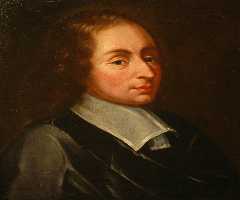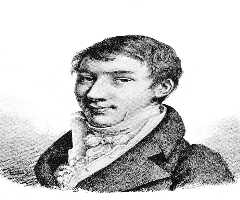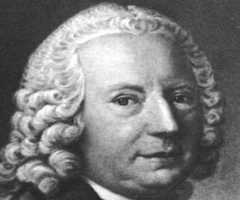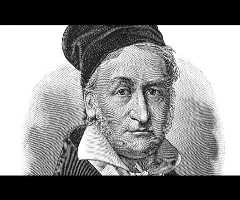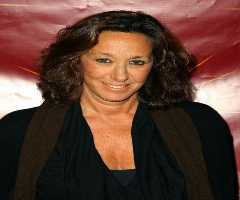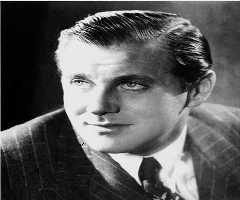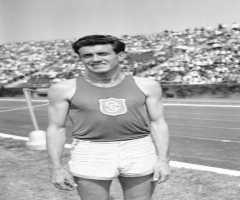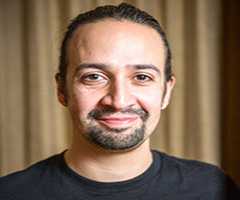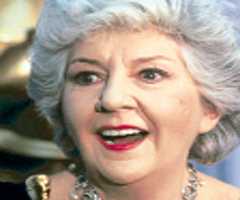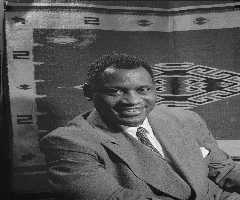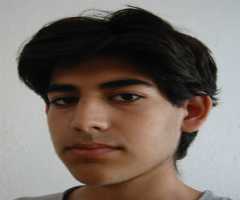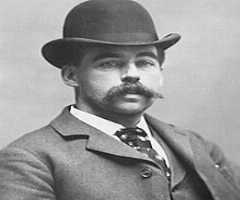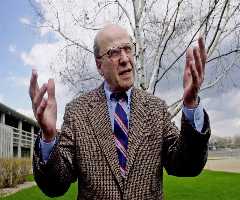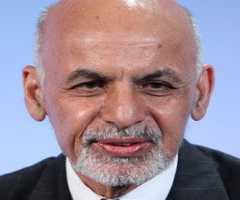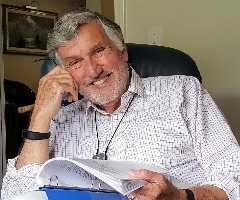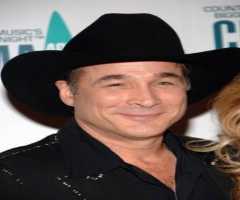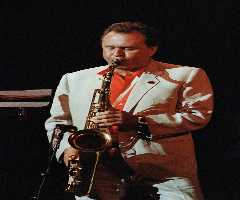Herbert A. Hauptma Biography, Life, Interesting Facts
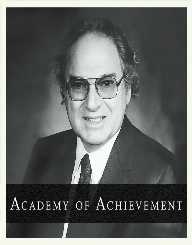
Birthday :
Died On :
Birth Place :
New York City, New York, United States of America
Zodiac Sign :
A mathematician by profession, Herbert A. Hauptman received a Nobel Prize in Chemistry in 1985.He was a guru when it came to arithmetic equations. His zeal and determination in the field gave him a chance to discover a structured molecule of crystallized materials. A savant of science, Herbert’s innate talent gave him an opportunity to introduce the theories of probabilities. After receiving a B.A and M.A in mathematics, Herbert went to work under Jerome Karle, a chemist. His up skill talent linked with Jerome’s love for chemistry. As a duo, they singled out the vast matter of questions in regards to X-Ray crystallography. This is what paved the way for his in-depth study of molecular structure. It was in 1985 that Jerome and Herbert shared the Nobel Prize in Chemistry. He was then appointed as a leading foreman of the Medical Foundation of Buffalo group. In the course of his career, Herbert released over 180 publications.
Hauptman’s Personality
Herbert Hauptman was nothing else than an Indian virtuoso called Srinivasa Ramanujan.He was also known as an all-time mathematician. Herbert is still known as a natural genius who dreamt of quadratic equations. All he did was to work hard towards his end goal hence reducing the distance between other people’s aspirations. He defined mathematics as the poetry of brain-child other than just formulas and diagrams. I am writing this memoir because of what he left behind. He allowed his passion for science to lead him to the right path. He squally made a huge difference, all thanks to his willpower and sacrifices. Read on.
Childhood And Early Life
On 14th, February 1917 a duo called Leah and Israel Hauptman were blessed with their first child in New York City. He was none other than Herbert Aaron Hauptman who fell in love with mathematics and science at his tender age. Before joining the City College, Herbert first went to Townsend Harris High School. He majored in nothing else than mathematics. His thirst for greatness earned him a Bachelor of Science Degree in 1937.He then received his M.A at the Columbia University in 1939.
By the end of WWII, Herbert earned his Ph.D. at the Maryland University. After a short pause, he went to work as laboratory assistants. It was there that he met Jerome Karle.
Career
It was after the WWII that Hauptman partnered with Jerome at Naval Research Laboratory in Washington. Both worked on a science experiment called X-ray crystallography. It is briefly illustrated as a study of the X-Ray beam with the help of crystallized molecules.
Their study gave birth to probability theory. It was the only research that made them grasp the presence of light patterns on the X-ray beams. Afterward, Herbert was able to explain the setting area of atoms.
Herbert and Jerome's ideas were published in a specialized thesis. They were tons of ideas that helped research institutions to come up with legit results. After some time Herbert teamed up with the Medical Foundation of Buffalo Institute in 1994.It was there that he worked on other scientific research.
In the mid of 1972 Hauptman was appointed as the director of the Medical Foundation of Buffalo. He then got a seat as the President of the said Institution. He remained in the position till his end. In the middle of all, Herbert also worked as a Research Professor at the Department of Computer Science. This paved the way for not one but 180 publications in the form of books, journals, and articles.
Personal Life And Achievements
From 1935 to 1991 Herbert Hauptman received countable of awards and recognition. Some of them include the Belden Prize, Patterson Award, Townsend Harris Hall of fame, Dirac Medal among others. When it comes to his personal life, Herbert tied a nuptial knot with Edith Citrynell in 1940.The couple parented two daughters called Carol and Barbara. Sad to say, he breathed his last on 23 October 2011 due to a short illness.
More Mathematicians
-
![Adrien-Marie Legendre]()
Adrien-Marie Legendre
-
![Christian Doppler]()
Christian Doppler
-
![Blaise Pascal]()
Blaise Pascal
-
![Augustin-louis Cauchy]()
Augustin-louis Cauchy
-
![Johann Bernoulli]()
Johann Bernoulli
-
![Carl F. Gauss]()
Carl F. Gauss


